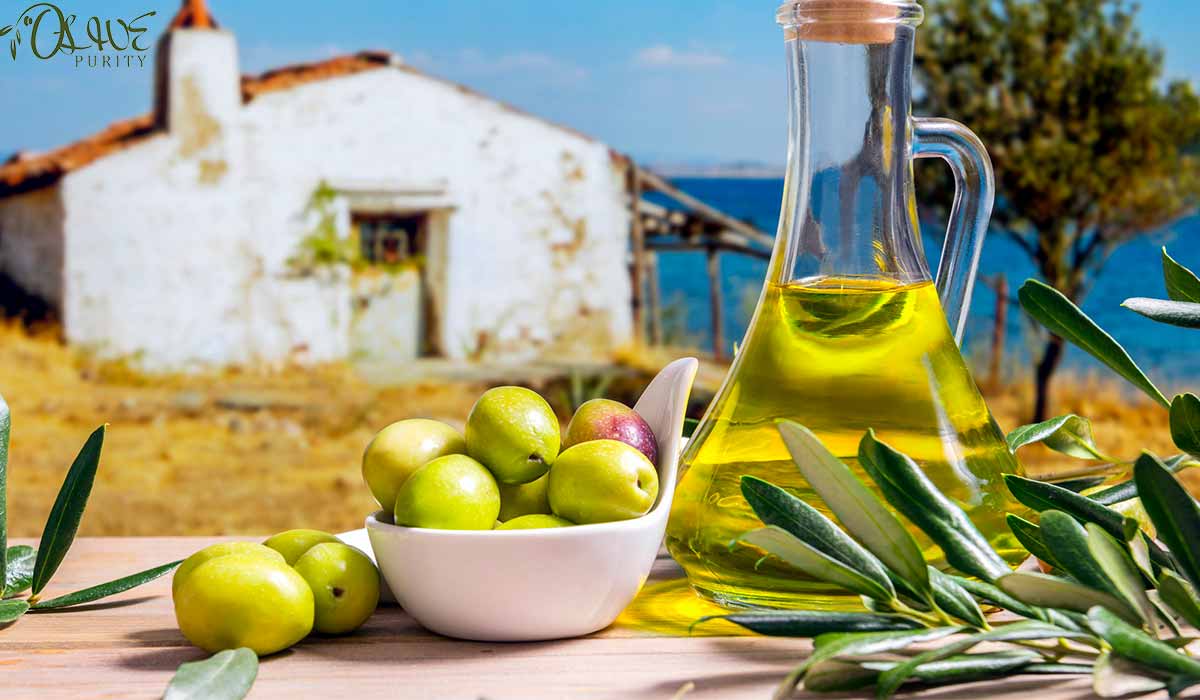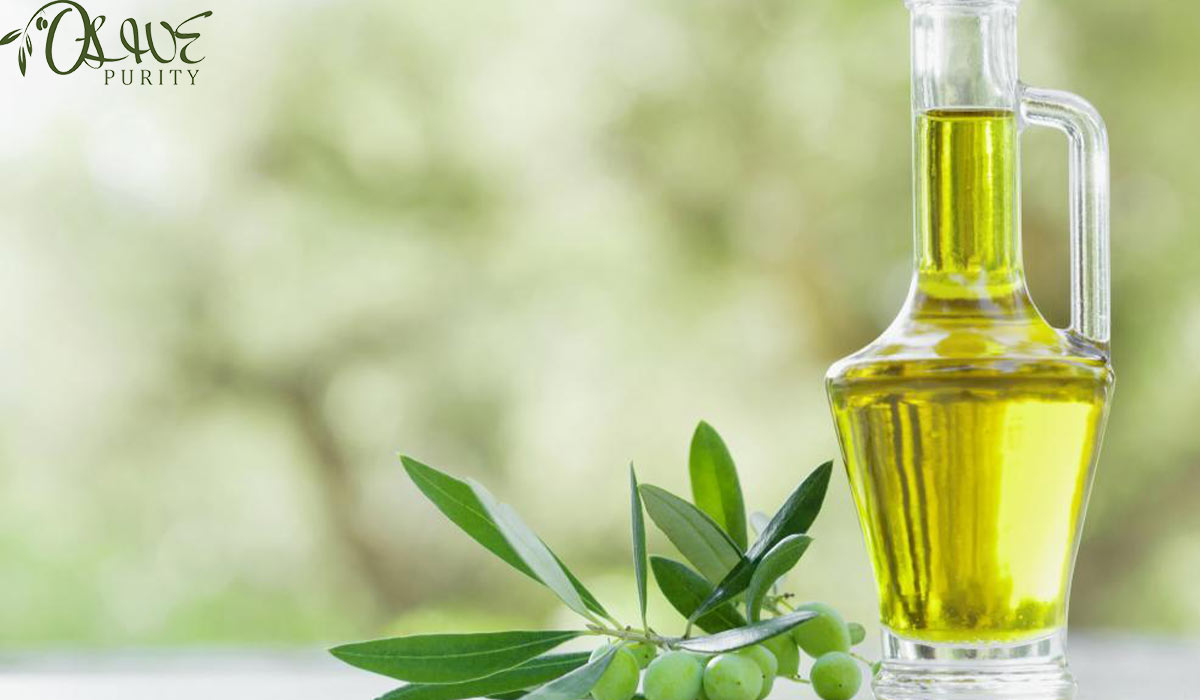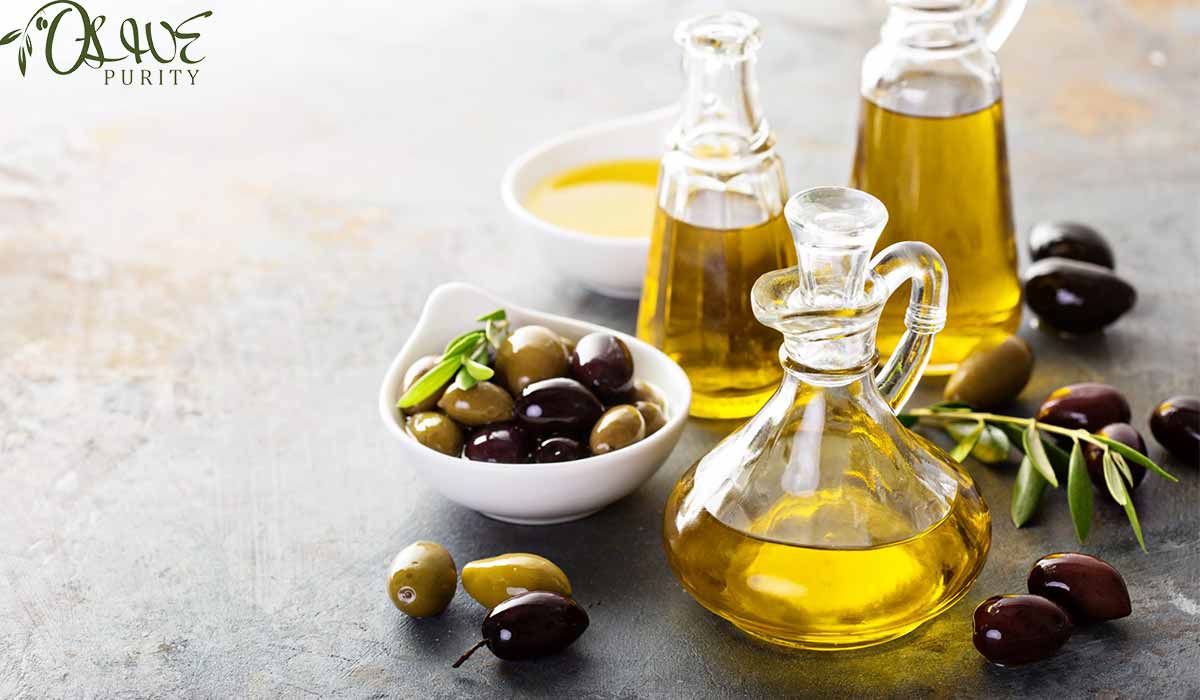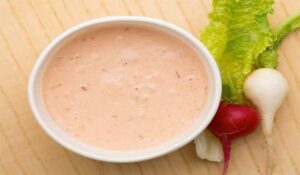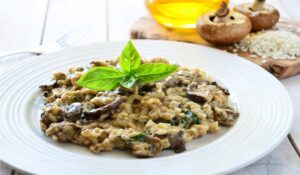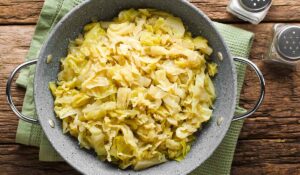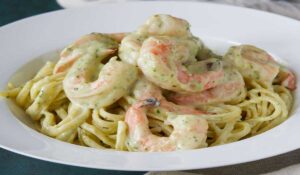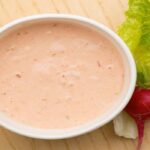Table of Contents
ToggleIs Olive Oil Antifungal and Antibacterial?
Key Takeaways
- Olive oil, particularly extra virgin olive oil (EVOO), shows potential antimicrobial activity against both fungi and bacteria.
- This activity is attributed to specific compounds like polyphenols, oleuropein, and hydroxytyrosol.
- The effectiveness varies depending on the specific strain and concentration of olive oil used.
- Research primarily investigates the activity against common fungal strains like Candida and bacterial strains like E. Coli and Salmonella.
- The applications might be relevant for skin health and wound healing, but more research is needed.
Introduction ( Olive Oil Antifungal and Antibacterial )
Is Olive Oil Antifungal and Antibacterial? Olive oil, a staple in many cuisines worldwide, has garnered interest now not handiest for its culinary benefits but additionally for its potential health homes. Among these homes are its purported antifungal and antibacterial outcomes. In this text, we delve into the scientific evidence surrounding the antimicrobial activity of olive oil, exploring its effectiveness in opposition to fungal and bacterial traces, its mechanisms of movement, and its capability applications in selling pores and pores and skin health and wound healing.
Understanding Antimicrobial Pastime of Olive Oil
Antimicrobial interest refers to the potential of a substance to inhibit the growth of or display interest in competition to microorganisms, which includes fungi and bacteria. Olive oil, specifically extra virgin olive oil (EVOO), has been studied for its antimicrobial houses, attributed in element to its rich content material of polyphenols, together with oleuropein and hydroxytyrosol.
Antifungal Properties of Olive Oil
Numerous studies have investigated the antifungal outcomes of olive oil, demonstrating its effectiveness in opposition to numerous fungal traces. Research suggests that olive oil can inhibit the boom of fungi responsible for not unusual infections together with Candida albicans and Aspergillus niger. The antifungal activity of olive oil is awareness-structured, with better concentrations showing greater efficacy.
Antibacterial Properties of Olive Oil
In addition, olive oil has validated antibacterial houses closer to precise bacterial strains. Clinical research have determined its effectiveness against micro organism which include Staphylococcus aureus and Escherichia coli. Those findings endorse that olive oil also can serve as a natural treatment for preventing bacterial infections.
Mechanism of Action
The mechanism by means of way of which olive oil exerts its antimicrobial results is multifaceted. Polyphenols located in olive oil own antioxidant homes, which help bolster the immune system’s capacity to fight off infections. Furthermore, certain components of olive oil disrupt the mobile membranes of microorganisms, major to their loss of lifestyles. This twin motion makes olive oil a promising candidate for topical application in treating fungal and bacterial pores and pores and skin infections.
Clinical Research and Programs
Clinical studies have supported the usage of olive oil in promoting pores and skin fitness and wound recovery. Topical software of olive oil has been proven to accelerate the restoration process, lessen infection, and save you infection in wounds. Its antimicrobial houses make it an effective adjunct remedy for numerous dermatological situations, inclusive of acne, eczema, and psoriasis.
Table: Clinical Studies on the Antimicrobial Activity of Olive Oil
| Study | Findings |
|---|---|
| Ribeiro et al. (2018) | EVOO exhibited antifungal activity against Candida albicans in vitro. |
| Bessa et al. (2020) | Topical application of olive oil accelerated wound healing in animal models. |
| Gomes et al. (2019) | Hydroxytyrosol, a polyphenol in olive oil, demonstrated antibacterial effects in vitro. |
FAQs ( Olive Oil Antifungal and Antibacterial )
Conclusion ( Olive Oil Antifungal and Antibacterial )
In conclusion, olive oil possesses super antifungal and antibacterial houses, making it a valuable asset in selling pores and pores and skin fitness and wound restoration. Its wealthy content material of polyphenols, which includes oleuropein and hydroxytyrosol, contributes to its antimicrobial pastime with the aid of using bolstering the immune machine and disrupting the mobile membranes of microorganisms. Clinical studies assist the efficacy of olive oil in combating fungal and bacterial infections, warranting its consideration as a herbal remedy. Whether or no longer used in cooking or applied topically, olive oil gives a bendy and powerful answer for maintaining popular fitness and properly-being.
Intrigued via the capacity blessings of olive oil on your pores and skin and basic fitness? Look at directly to find more about its antimicrobial residences and the way you could include this herbal remedy into your every day recurring.
